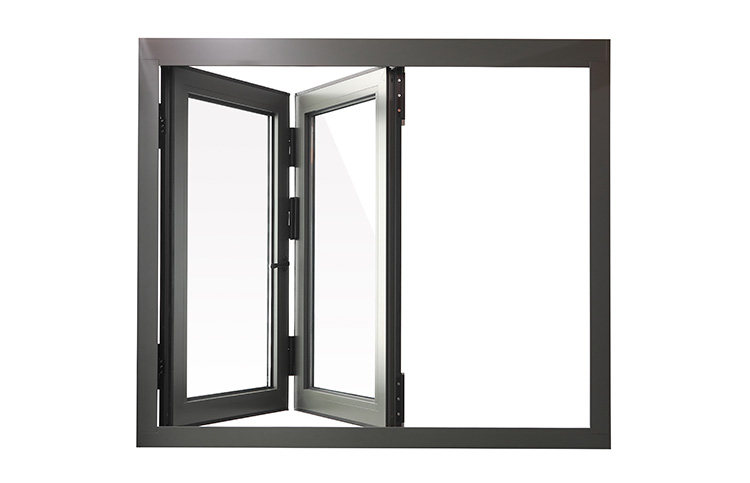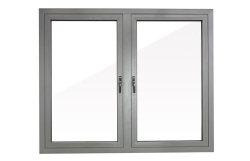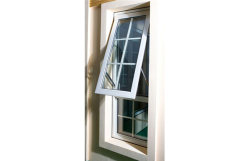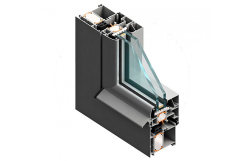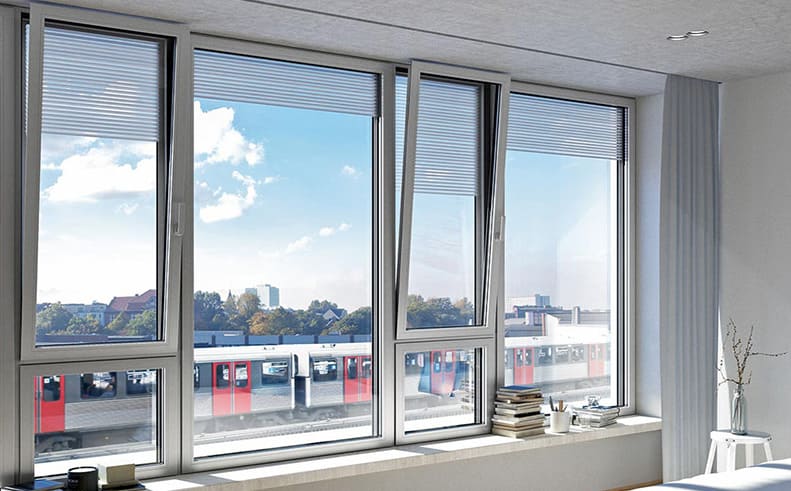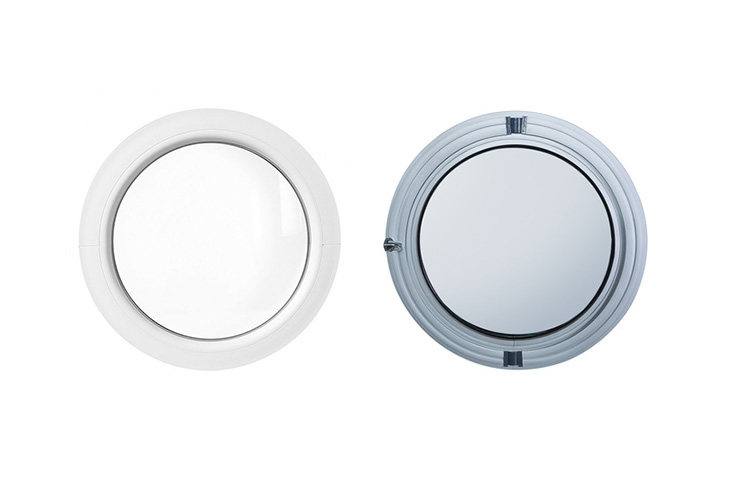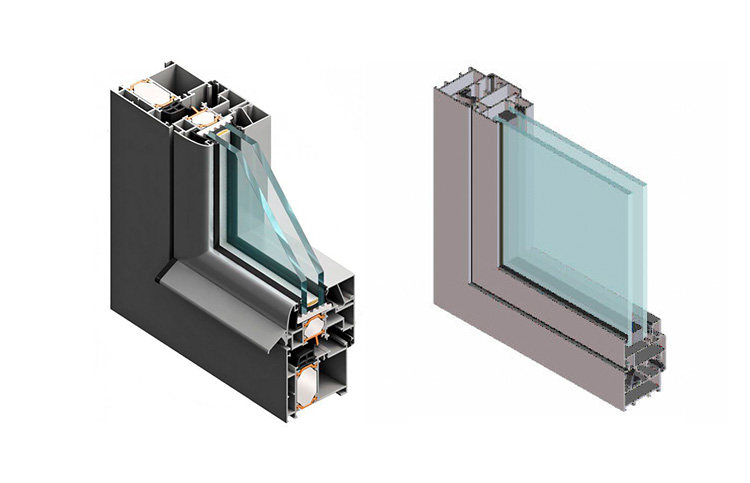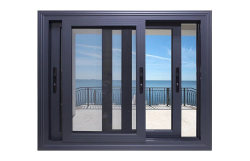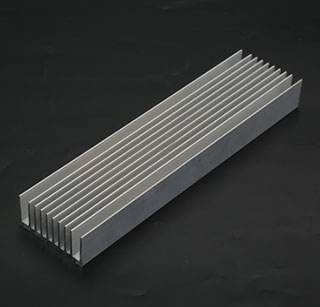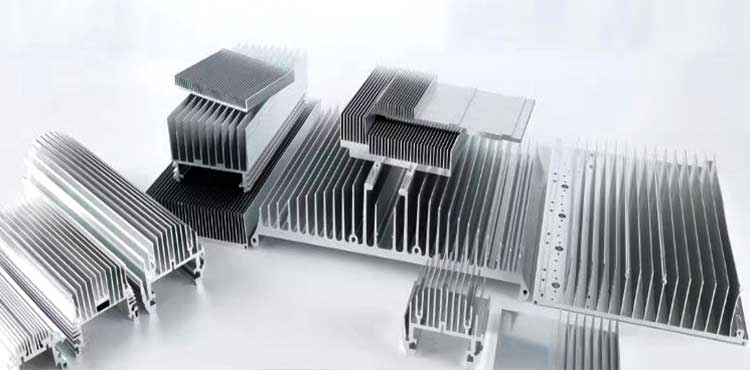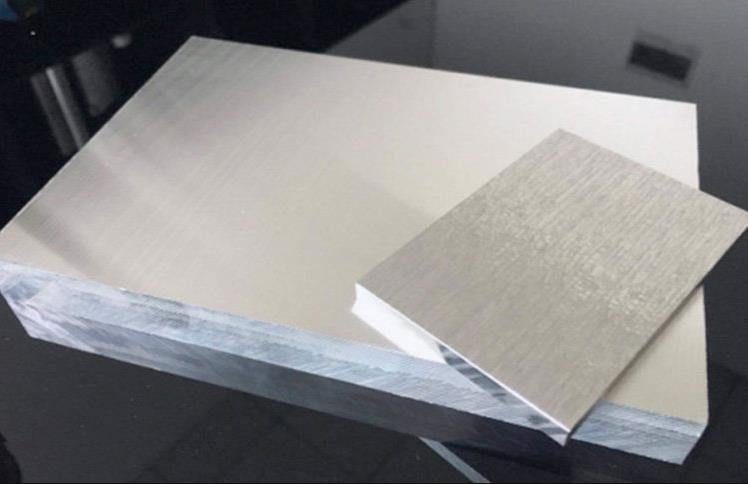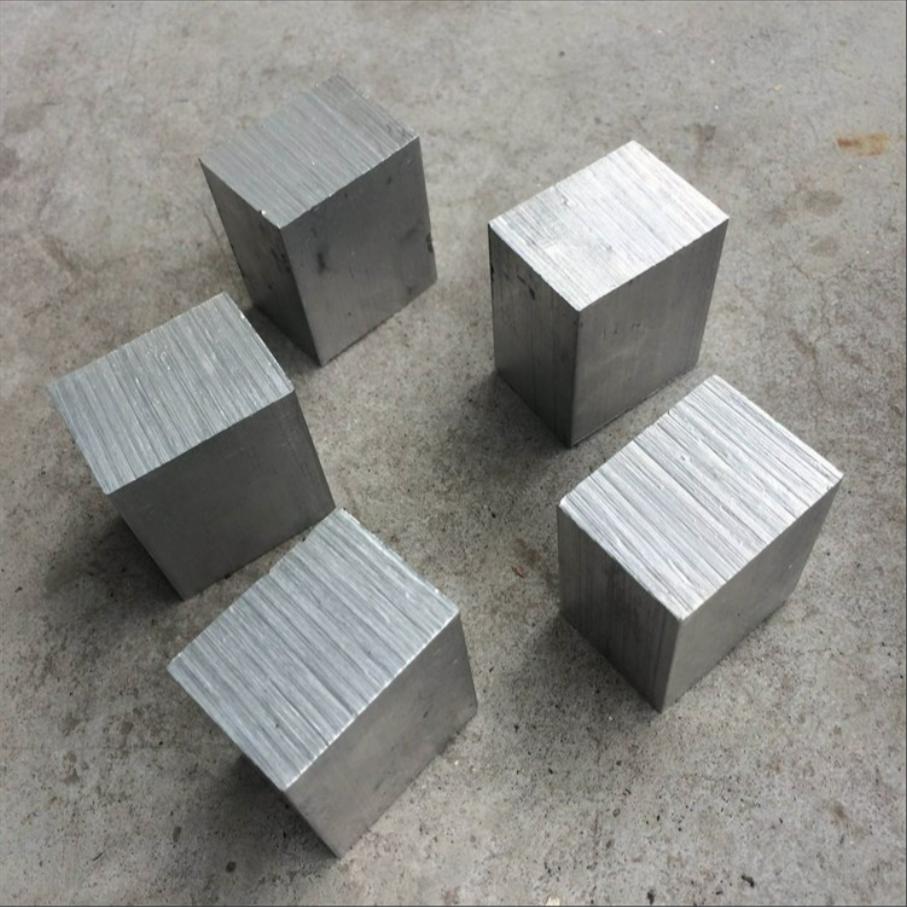Aluminum Round Windows are a unique and stylish choice for any building, whether residential or commercial. These windows are perfect for creating a modern look, and they offer several benefits over traditional rectangular windows. However, selecting the right Aluminum Round Windows for a particular application requires consideration of several factors. In this article, we will explore these factors, as well as design considerations, safety concerns, and building regulations associated with Aluminum Round Windows.
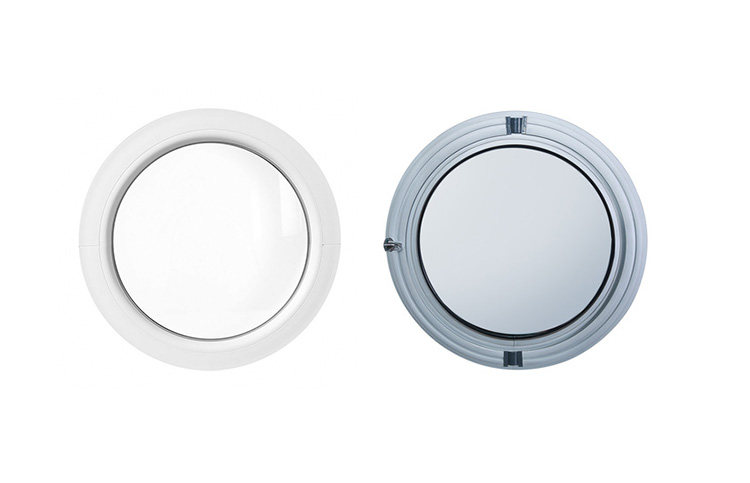
Factors to Consider When Selecting Aluminum Round Windows
When selecting Aluminum Round Windows, several factors should be considered to ensure that they meet the specific requirements of a particular application. These factors include:
- Size and Placement: One of the most crucial factors to consider is the size and placement of the window. The size and placement of the window will depend on several factors, such as the function of the room, the architectural style of the building, and the desired amount of natural light.
- Energy Efficiency: Another important factor to consider is energy efficiency. Aluminum Round Windows can be designed with insulated glass and thermal breaks to reduce heat loss and increase energy efficiency.
- Ventilation: Ventilation is another factor to consider when selecting Aluminum Round Windows. The window should be designed to provide adequate airflow, while also providing security and protection against the elements.
- Durability: Aluminum Round Windows are typically durable and long-lasting, but it’s essential to consider the durability of the window frames, glass, and other components to ensure that they can withstand the elements and the test of time.
- Cost: The cost of Aluminum Round Windows can vary depending on several factors, such as size, design, and features. It’s important to consider the cost in relation to the benefits that the windows will provide.
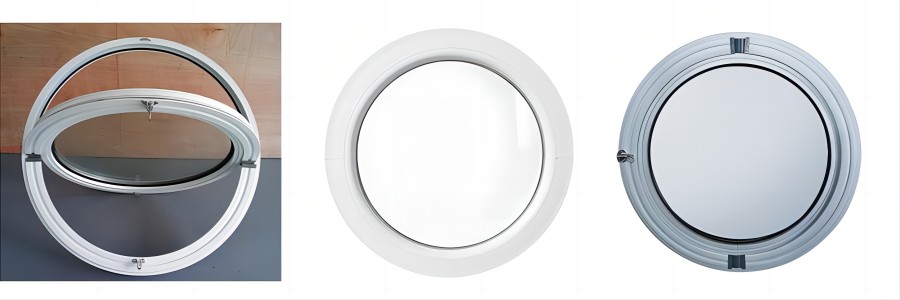
Design Considerations for Aluminum Round Windows
Aluminum Round Windows offer unique design options, making them a popular choice for architects and designers. When selecting Aluminum Round Windows for a building, several design considerations should be taken into account. These considerations include:
Architectural Style: Aluminum Round Windows can be customized to fit the architectural style of the building, whether traditional or modern.
Color and Finish: The color and finish of the window frame can significantly affect the overall aesthetic of the building, and it’s essential to choose a finish that complements the building’s design and color scheme.
Shape and Size: The shape and size of the Aluminum Round Windows can vary, offering several design options, such as full-circle windows, half-circle windows, or quarter-circle windows. The shape and size will depend on the size and placement of the window, as well as the desired aesthetic effect.
Glass Type: The type of glass used in the Aluminum Round Windows can also affect the overall design and functionality of the window. For example, using low-E glass can increase energy efficiency, while using tinted glass can provide privacy and reduce glare.
Safety Considerations for Aluminum Round Windows
Like any other window type, Aluminum Round Windows pose certain safety risks that must be addressed. One of the primary safety concerns associated with Aluminum Round Windows is the risk of injury from broken glass. To mitigate this risk, safety glass can be used, which is designed to break into small, less dangerous pieces. Additionally, it’s important to ensure that the window frames and other components are designed and installed to prevent injury from falls or other accidents.
Building Codes and Regulations for Aluminum Round Windows
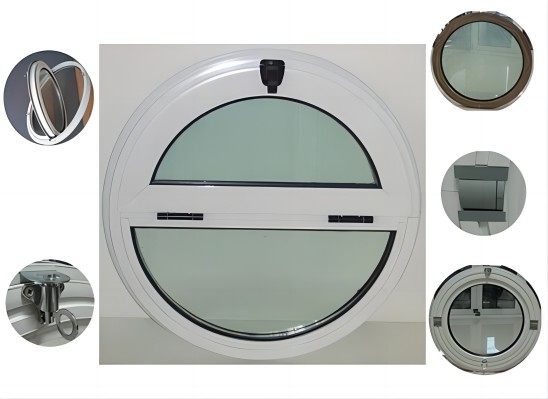
When installing Aluminum Round Windows, it’s essential to consider building codes and regulations to ensure compliance. Building codes and regulations can vary depending on the location and application of the window. Some common building codes and regulations to consider include:
- Fire Codes: Fire codes dictate the materials and designs that can be used for windows in certain areas of a building. For example, in some areas, windows must be able to resist fire for a certain amount of time.
- Egress Codes: Egress codes dictate the size and placement of windows in certain areas of a building to ensure that they provide adequate means of escape in case of an emergency.
- Energy Codes: Energy codes dictate the minimum energy performance requirements for windows to ensure that they meet certain energy efficiency standards.
- Wind Load Codes: Wind load codes dictate the minimum requirements for the design and installation of windows in areas that are prone to high winds.
To ensure compliance with building codes and regulations, it’s important to work with a licensed contractor or architect who has experience with Aluminum Round Windows.
Conclusion
Aluminum Round Windows offer a unique and stylish alternative to traditional rectangular windows, making them a popular choice for both residential and commercial applications. When selecting Aluminum Round Windows, it’s essential to consider factors such as size, energy efficiency, ventilation, durability, and cost. Design considerations such as architectural style, color and finish, shape and size, and glass type should also be taken into account. Safety considerations, such as the use of safety glasses and the prevention of falls, should also be addressed. Building codes and regulations must be considered to ensure compliance with local laws and regulations. By carefully considering these factors, Aluminum Round Windows can provide a functional and aesthetic addition to any building.

